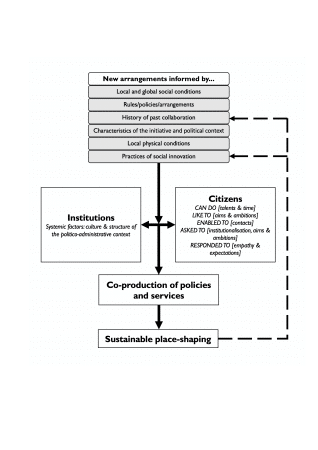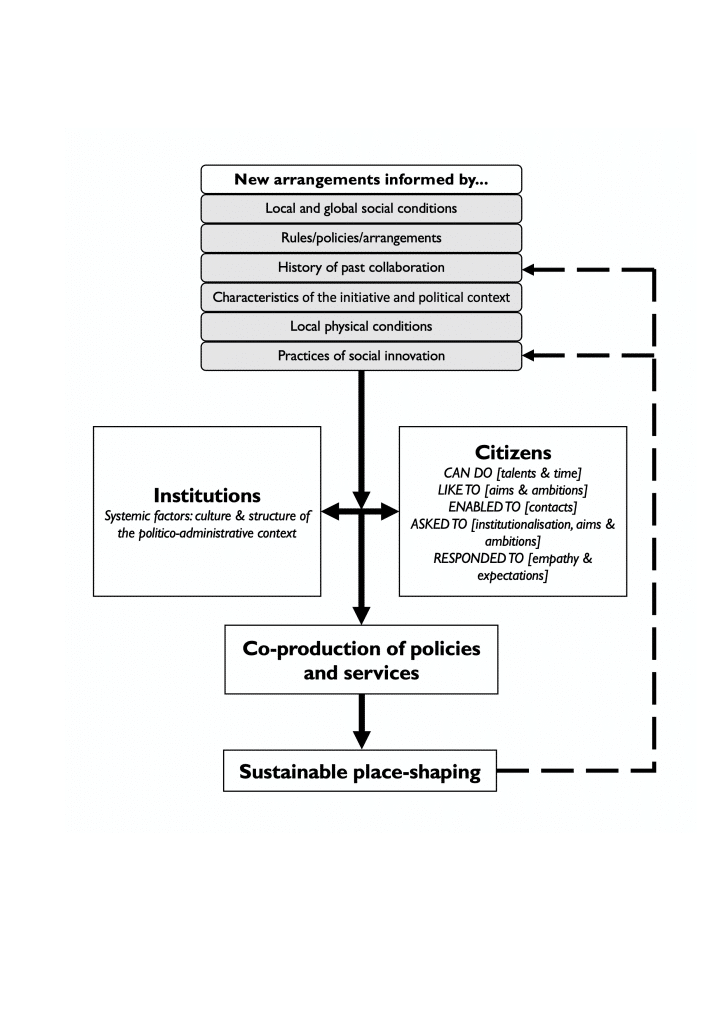
Diogo Soares da Silva is PhD-candidate at the Rural Sociology Group at Wageningen University. From April 1, 2016, until March 31, 2019, he was appointed at the research project The Energetic Society of the MSCA ITN programme SUSPLACE.
‘The role of local energy initiatives in co-producing sustainable places‘ by Diogo Soares da Silva and Lummina G. Horlings is the 6th open access article published as part of the Special Feature: Exploring the Transformative Capacity of Place-Shaping Practices in the Sustainability Science.
Abstract
During the first two decades of the twenty-first century, the introduction of policies that promote renewable energy in Western European countries facilitated a shift towards the production of cleaner energy and its decentralisation. Subsidies, incentive schemes, and declining installation costs—combined with rapid technology advances—made the investment in small-scale solar photovoltaic (PV) panels and wind turbines more attractive for individuals and small businesses. Simultaneously, we observe the emergence of citizen initiatives which aim to provide public services across various sectors, including renewable energy generation and distribution. These initiatives, started by citizens, often involve the participation of local residents and prioritise social and environmental goals. In some areas, governments and engaged citizens work together to achieve common goals through citizen–government co-production. In this article, we address the question: how can the co-production of government(s) and citizens, through local energy initiatives, contribute to the shaping of more sustainable places? Using the PlaCI model—a conceptual model of citizen initiatives and their role in shaping sustainable places—we conduct an analysis of WindpowerNijmegen, a citizen-led renewable energy cooperative in the Netherlands. We assess who the relevant stakeholders are, what are the enabling conditions for fruitful collaboration, which new arrangements are established, and how they contribute to shaping more sustainable places. The results indicate that local energy initiatives are place based, conditioned by the characteristics of the physical space needed for the production of renewable energy, specific institutional arrangements, place-based assets and people’s capacities characteristic for the place, and past collaboration.
Key words: Local energy initiatives, Citizen initiatives, Co-production, Governance, Energy transition, Sustainable place shaping

